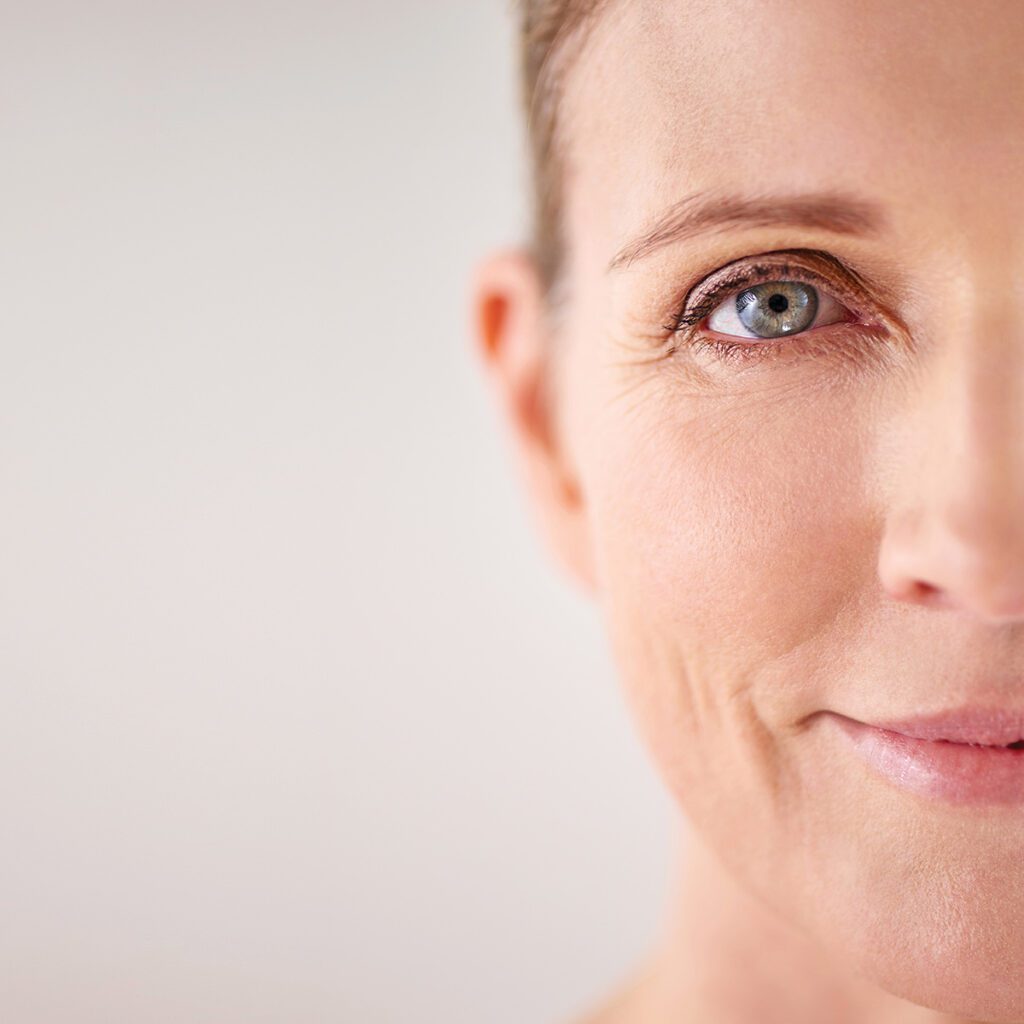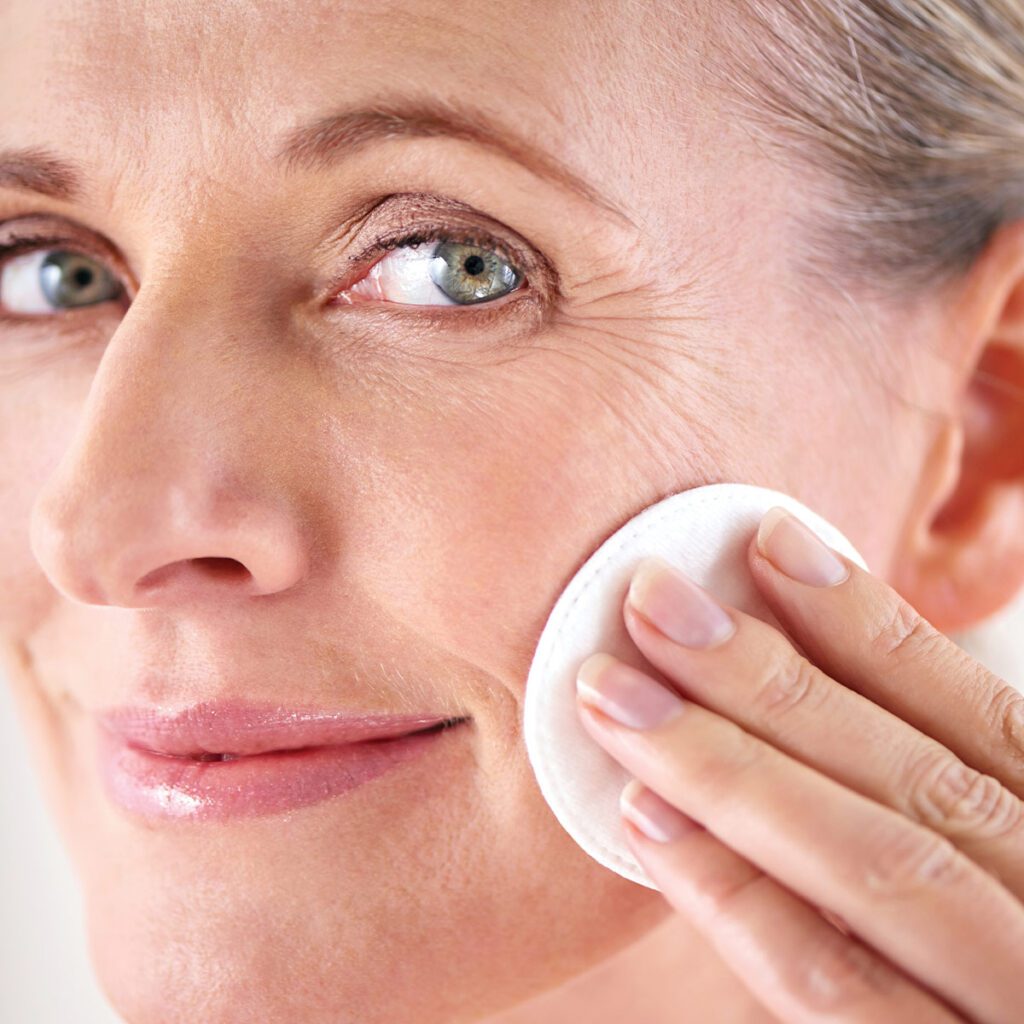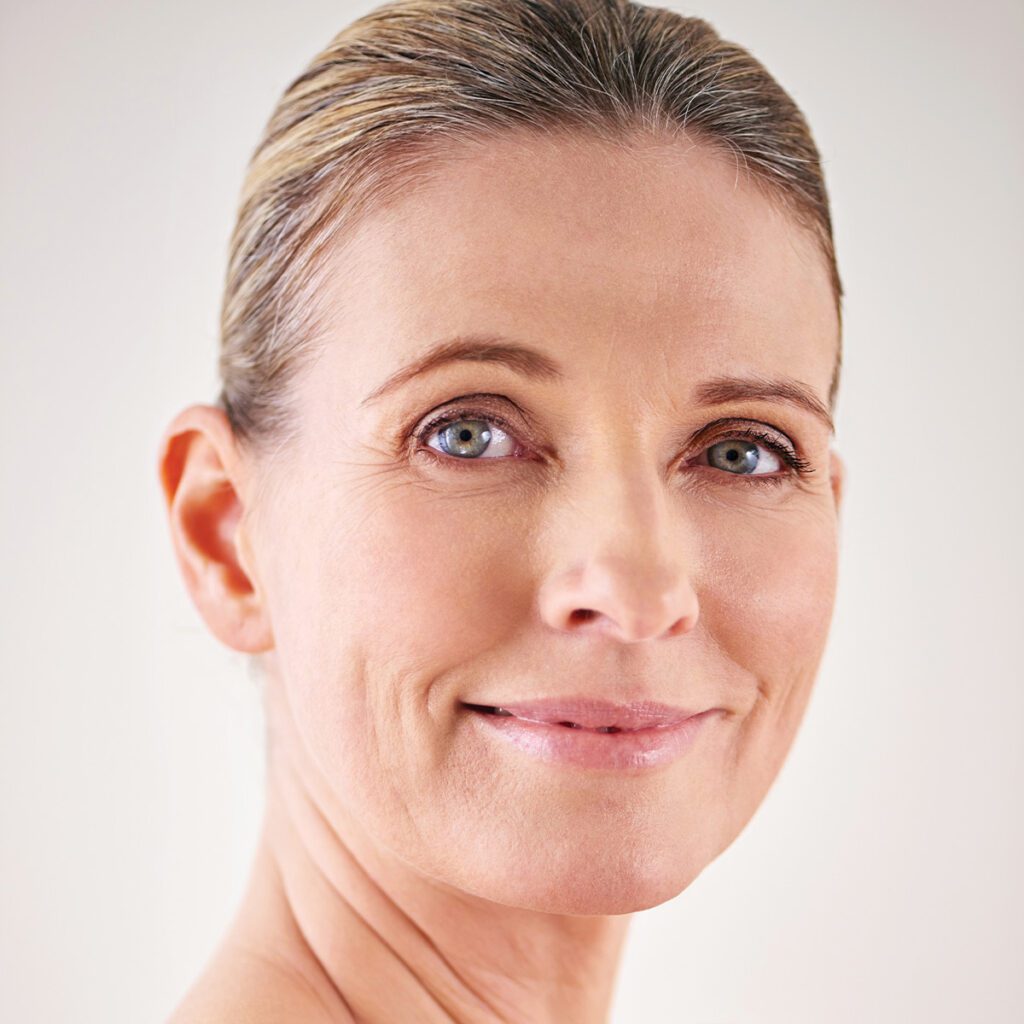Understanding Anti-Aging Ingredients
Are you bombarded by skin care products promising anti-aging results from wrinkle reduction to a glowing complexion to a more even skin tone? It can be overwhelming to sift through a lengthy list of technical-sounding ingredients when trying to figure out what product to use. So we made a reference list of some of the most common anti-aging ingredients to help you choose products that best fit your needs.








1. Retinol
This ingredient is synonymous with anti-aging, and for good reason. It is a form of vitamin A that can increase cell regeneration rates, which improve fine lines and skin’s tone and texture. In order to affect cellular regeneration rates, retinol must be concentrated in the product’s formula by at least .25%. However, if you have sensitive skin, it could be too aggressive of a treatment for you and result in irritation. Always apply retinol at night prior to your moisturizer, and always test on an inconspicuous area of skin before applying to the face.
2. Plant Stem Cells
If your skin is too sensitive for retinol, but you crave a more assertive treatment, plant stem cells may be the natural solution for you. They work to replace skin cells rather than speed your body’s own regeneration.
3. Jojoba Oil
A waxy substance extracted from a desert plant, jojoba oil is an excellent preventative approach to aging. With vitamin E, B-complex vitamins, and zinc, it is a natural ingredient that works well on sensitive skin to reduce acne, dark circles, and other skin tone imbalances.
4. Hyaluronic Acid
The name may sound intense, but this ingredient is actually an impressive moisturizer. Hyaluronic acid is able to hold up to 1,000 times its weight worth of water and retain it within your skin. Hyaluronic acid is naturally produced in your body, so topical application is a natural and effective way to promote plumper, younger-looking skin.
5. Glycolic Acid
This can be used as a powerful chemical exfoliant and is part of the alpha hydroxy acid family. By removing dead skin cells, glycolic acid helps even out skin’s texture. It also boosts production of collagen and elastin, which reduces signs of aging. It works well in conjunction with other moisturizing products to address fine lines and wrinkles.
5. Hydroquinone
This chemical lightening agent is wonderful for uneven skin tone and discoloration. It is especially effective for treating melasma, which is a darkening of facial skin caused by hormonal imbalances (usually during and after pregnancy or as a result of birth control).
Most specialists agree that a smart anti-aging skin care routine should include sunscreen, a cleanser, and antioxidants. Once you have those basics in place, you can treat specific concerns. This list of popular chemical and natural ingredients is a great starting point to help you build a routine addressing your skin’s specific needs.

